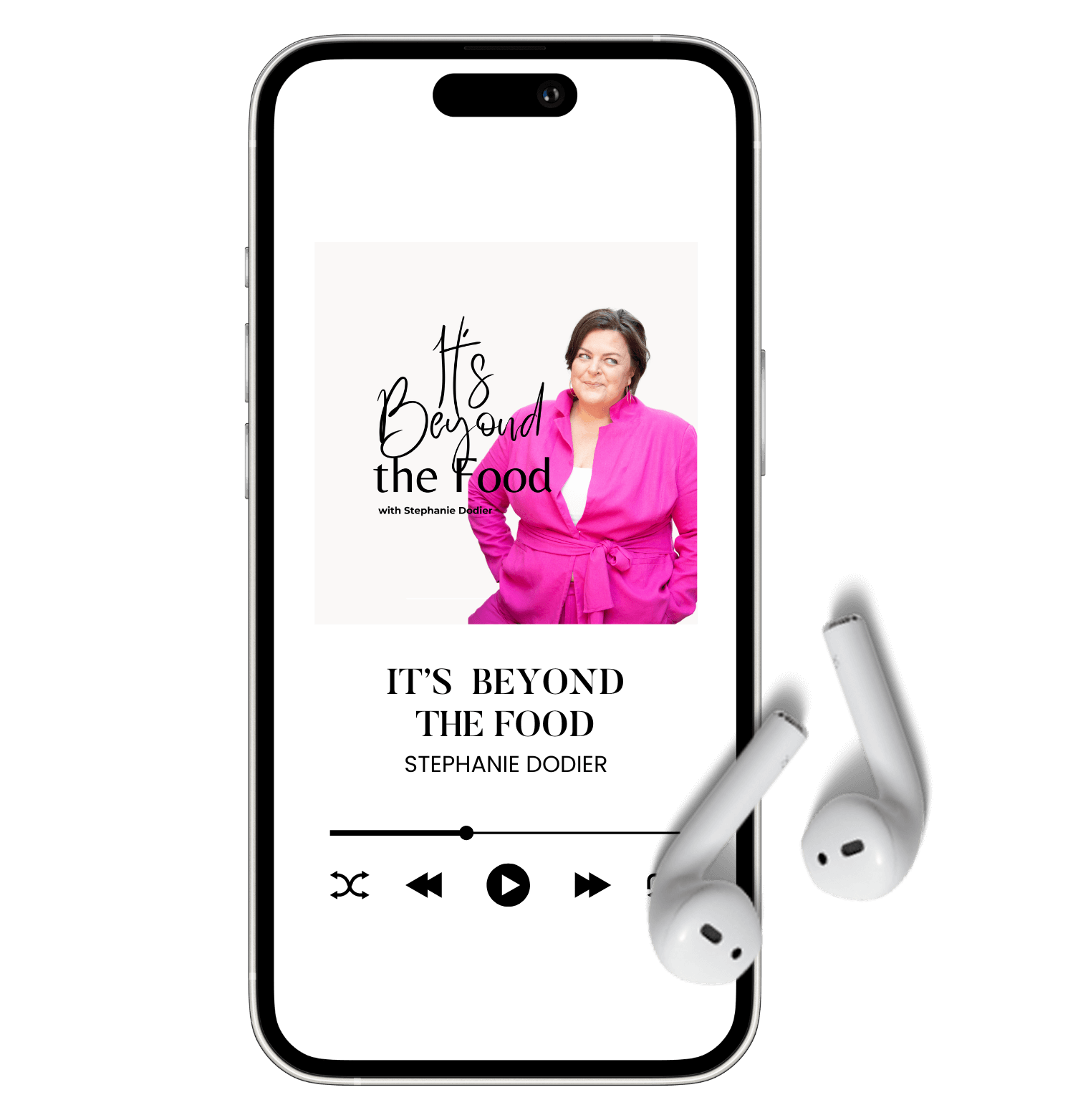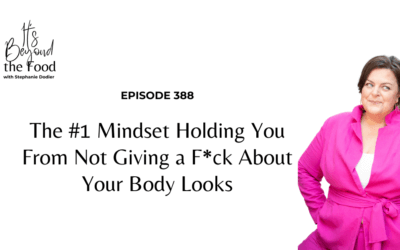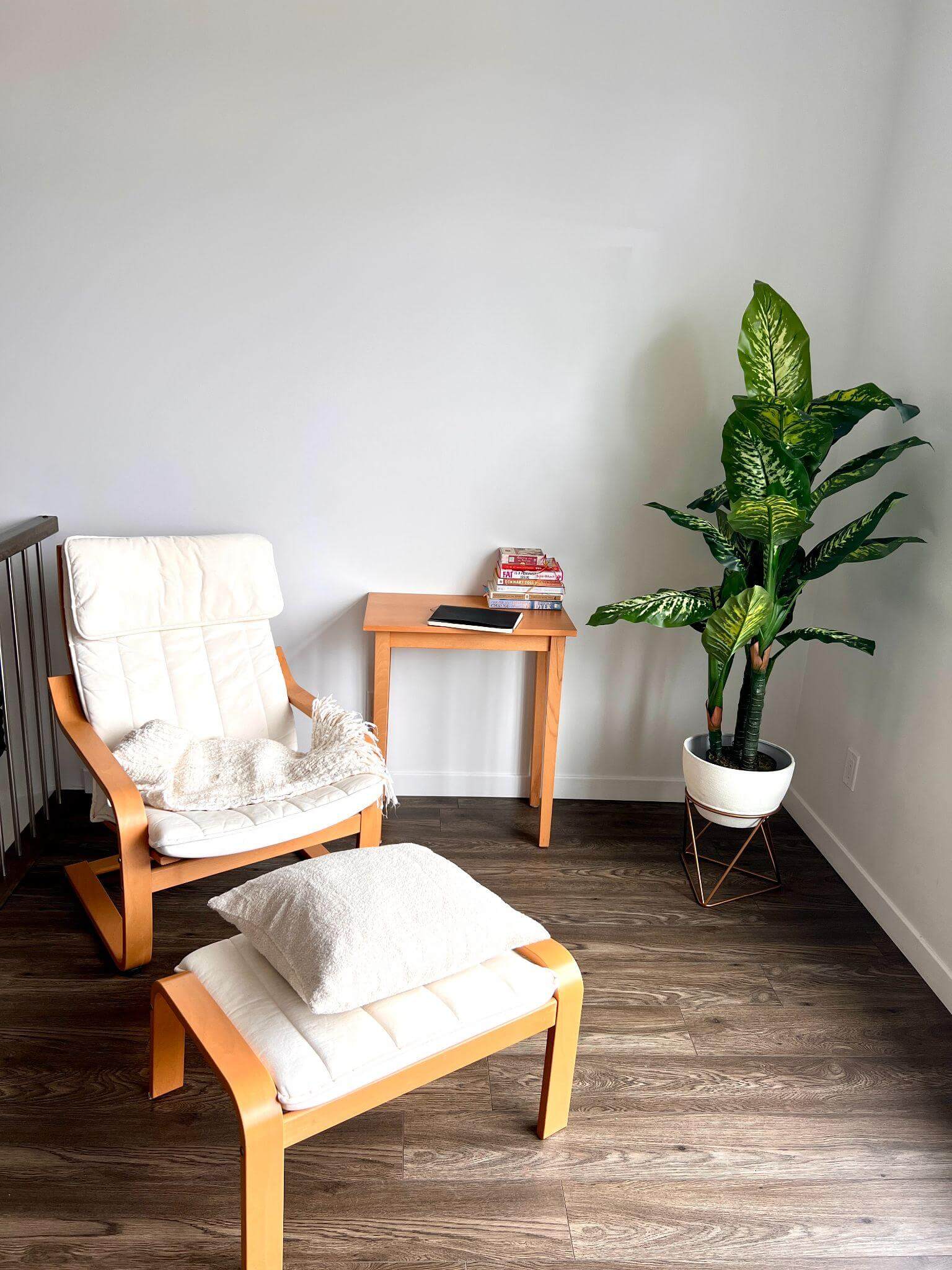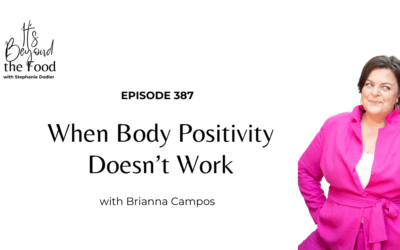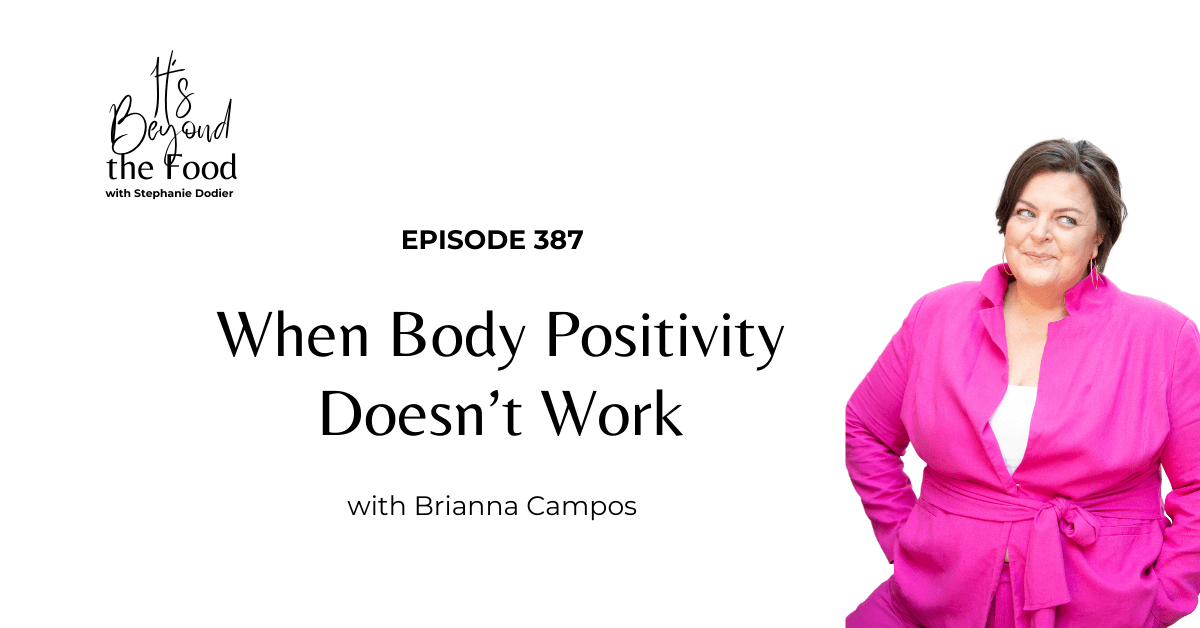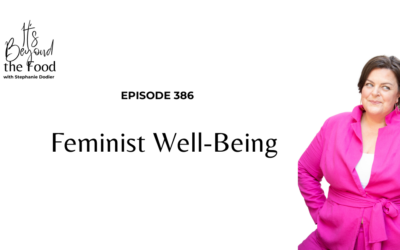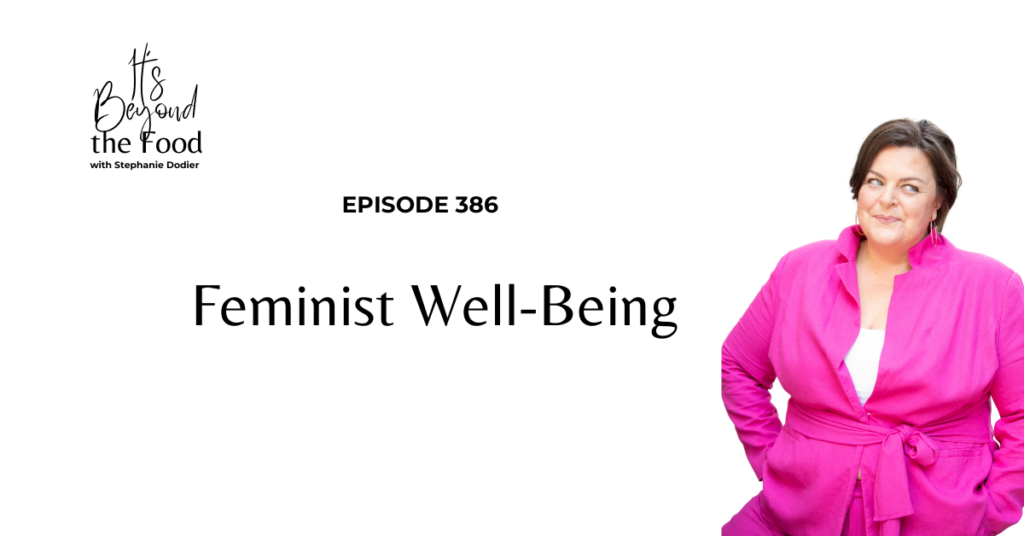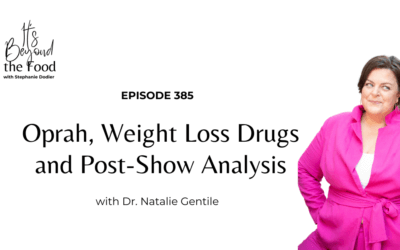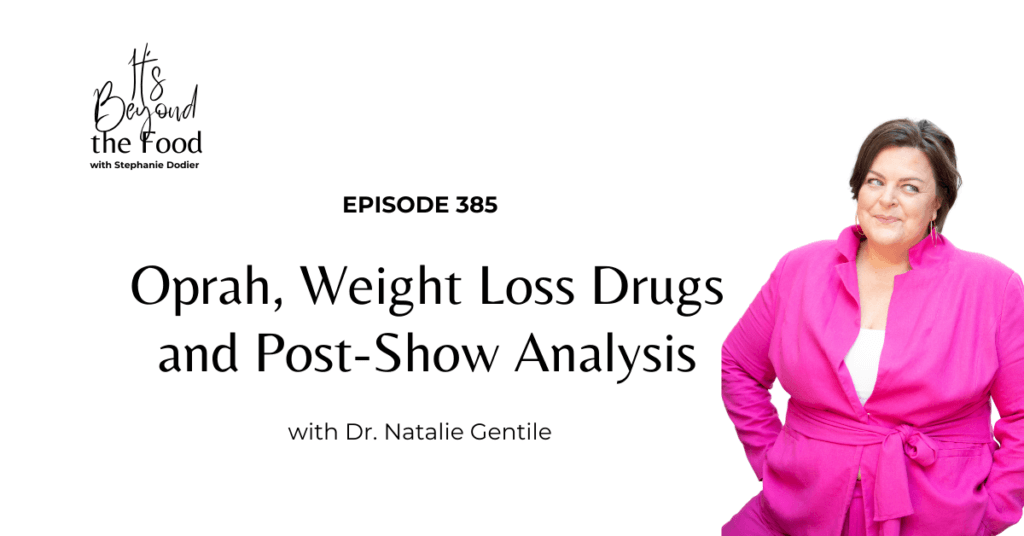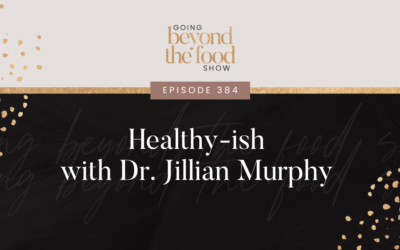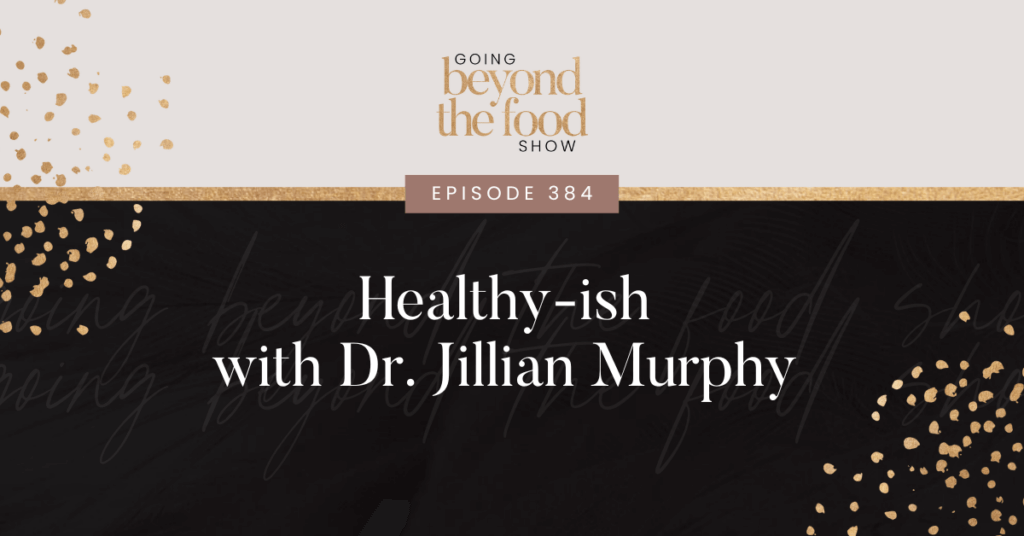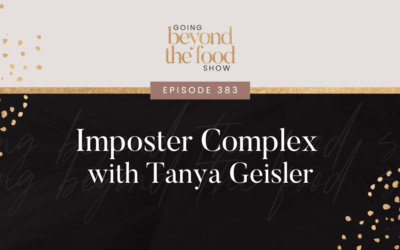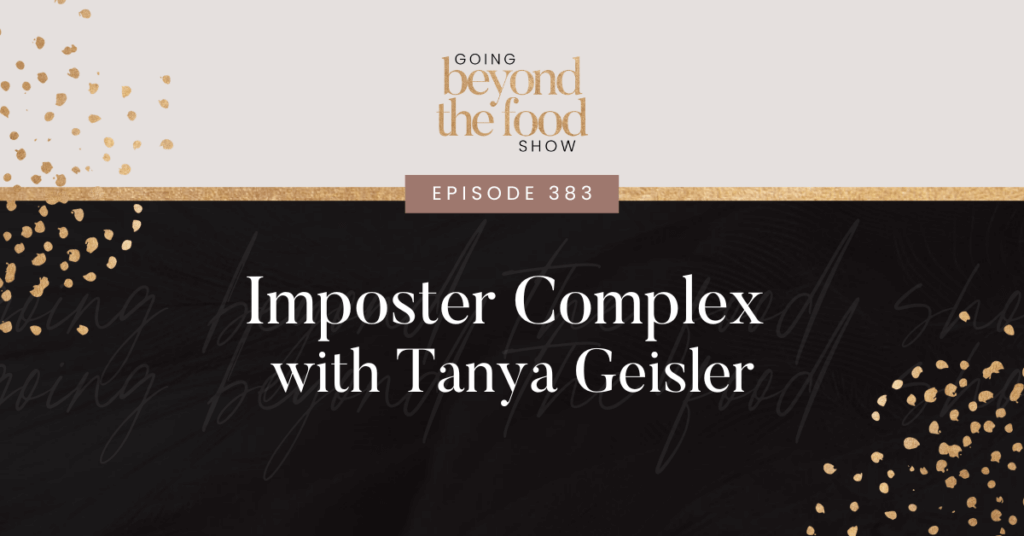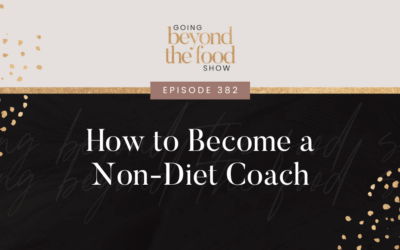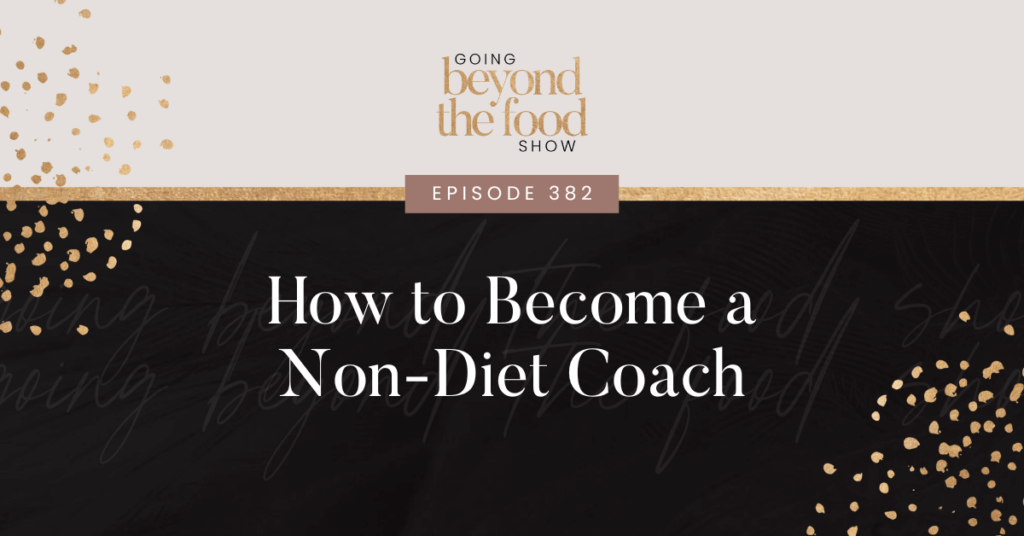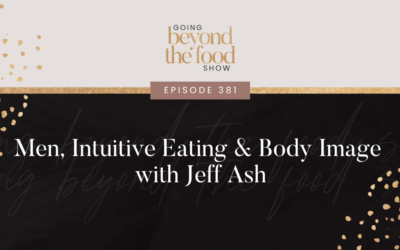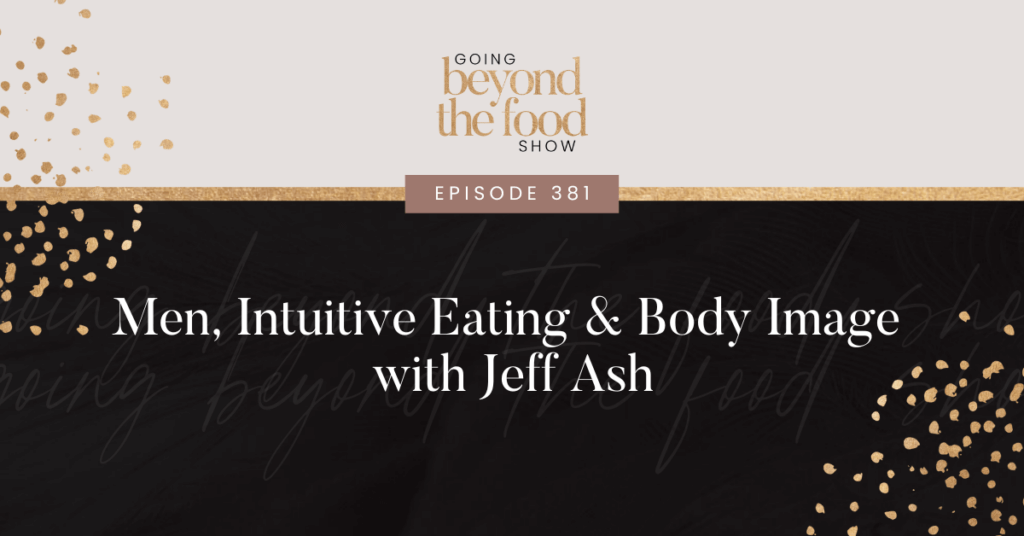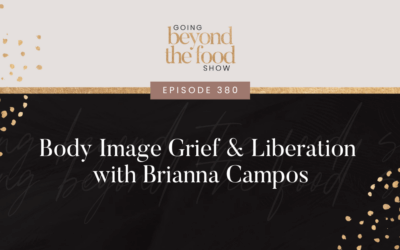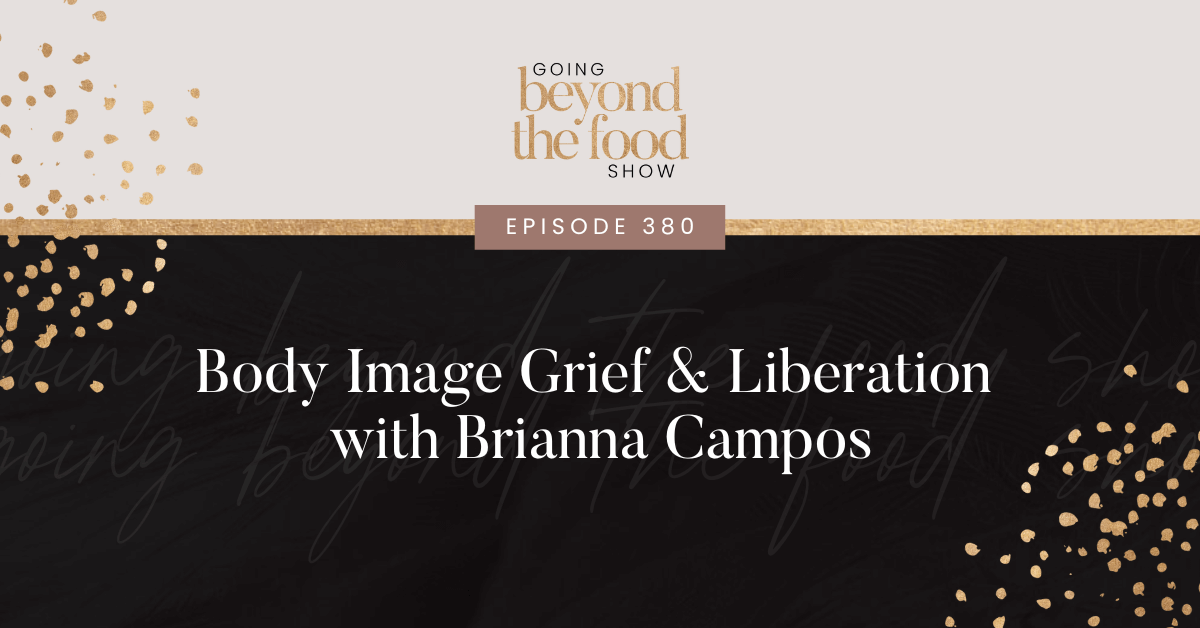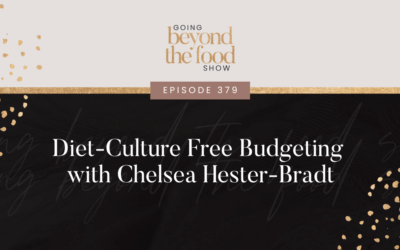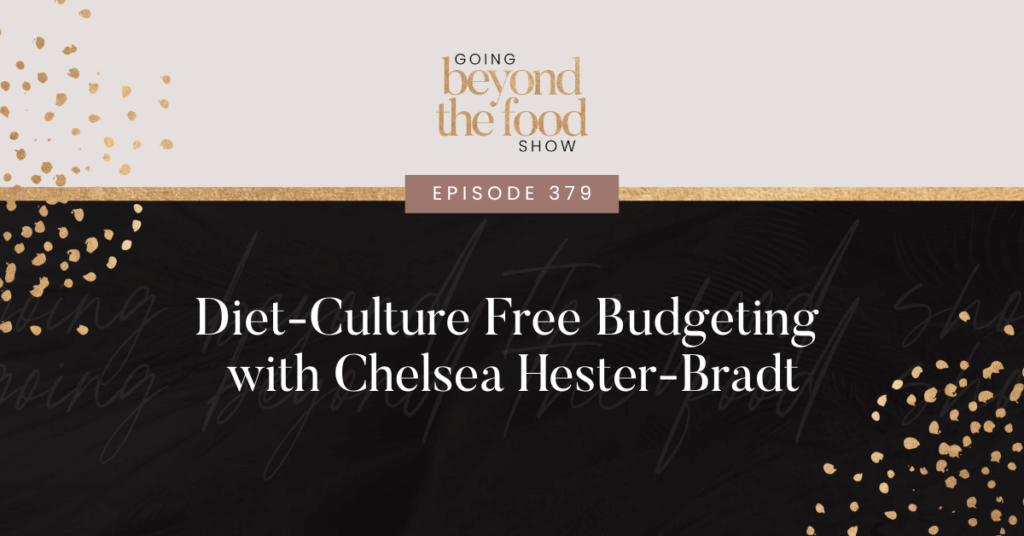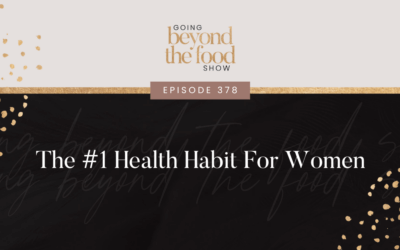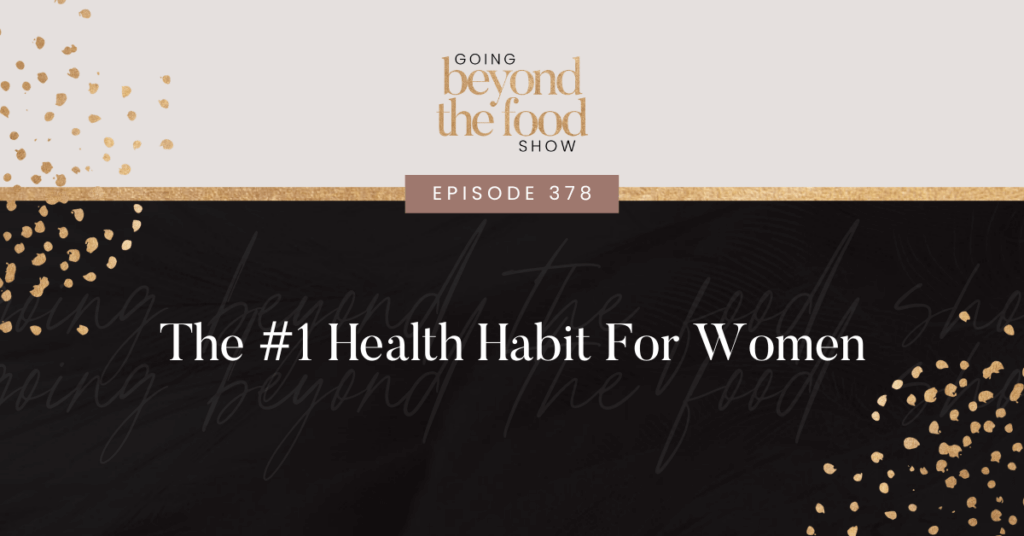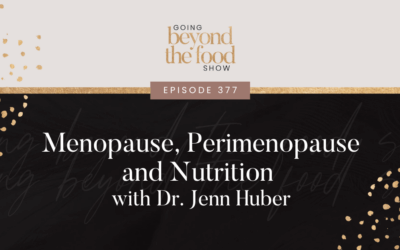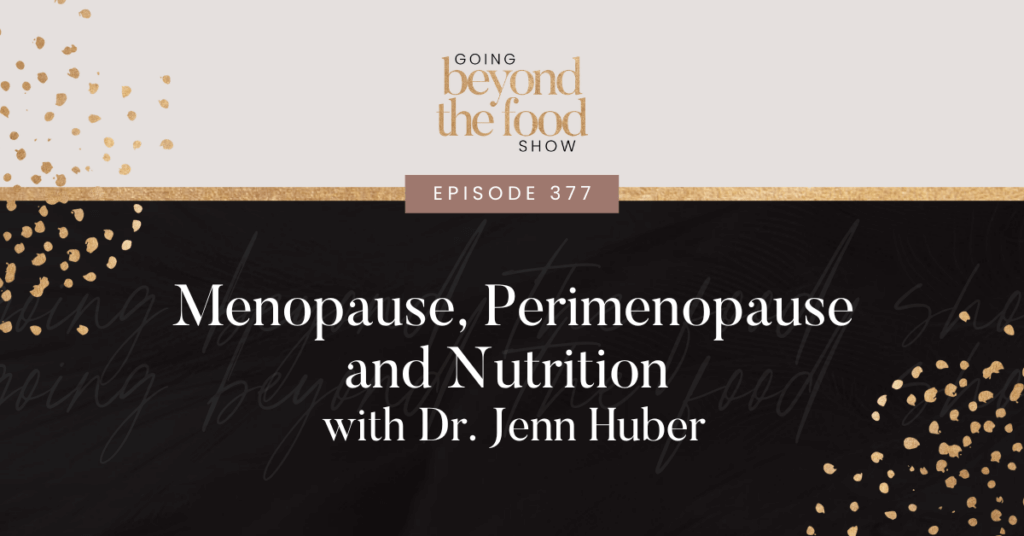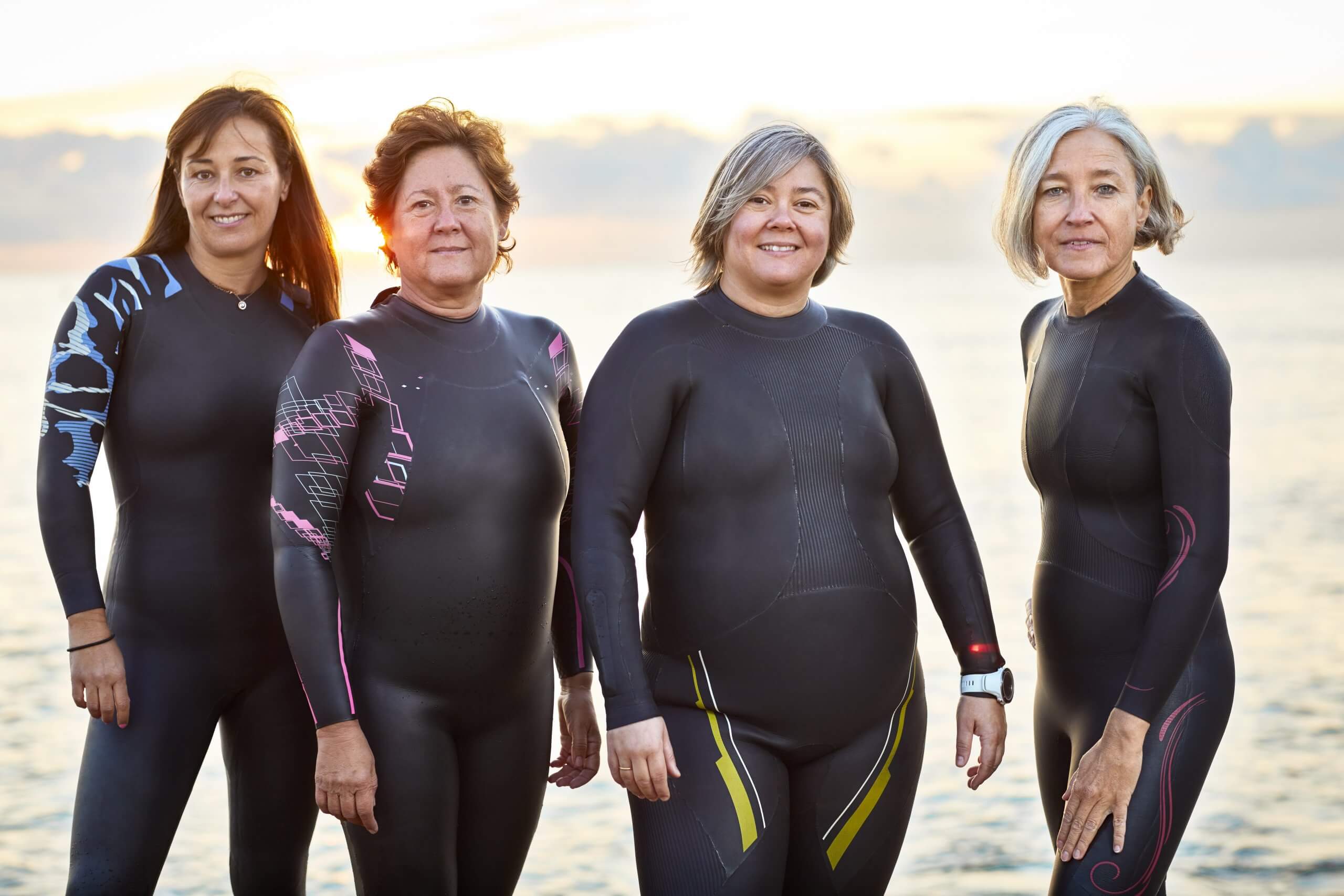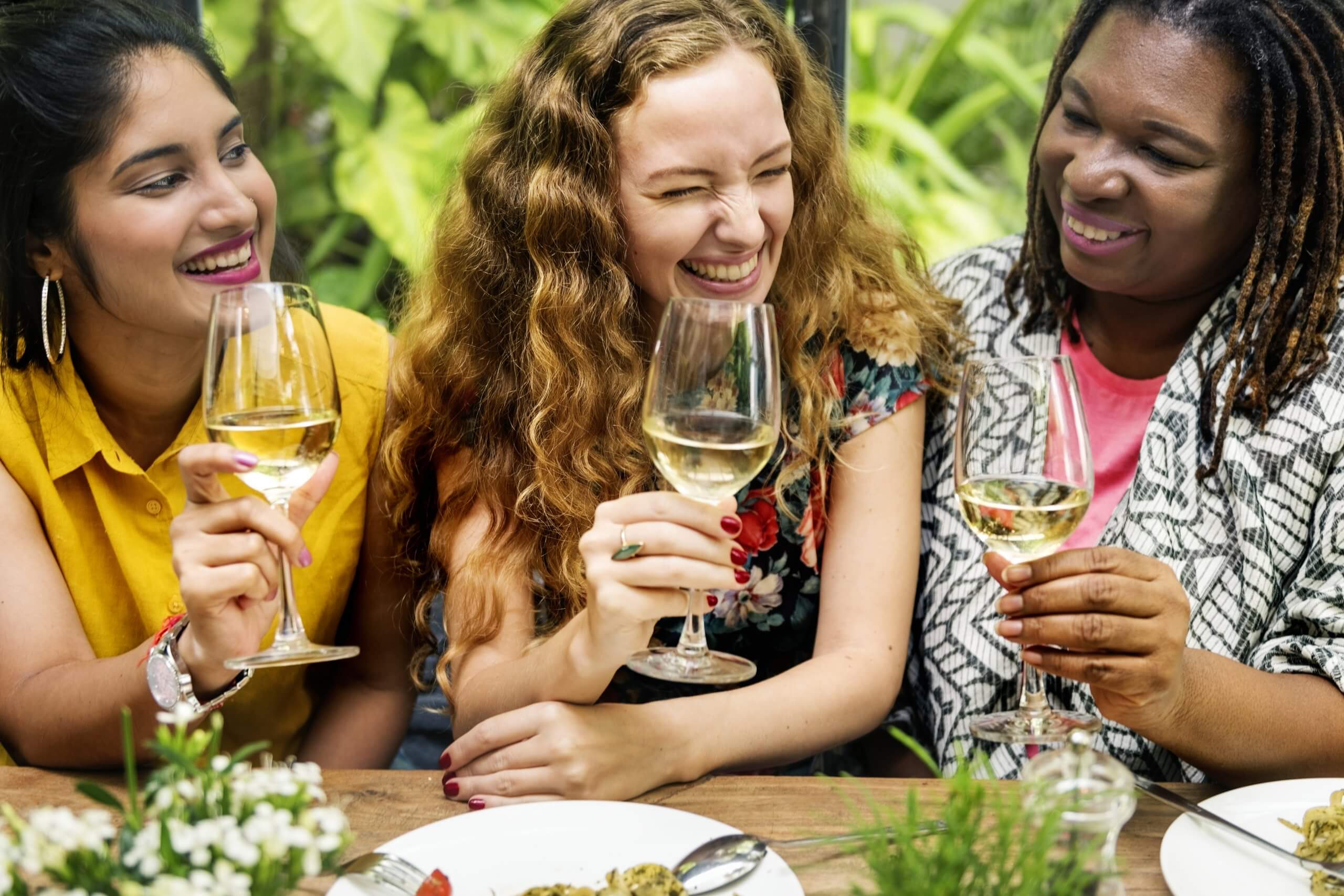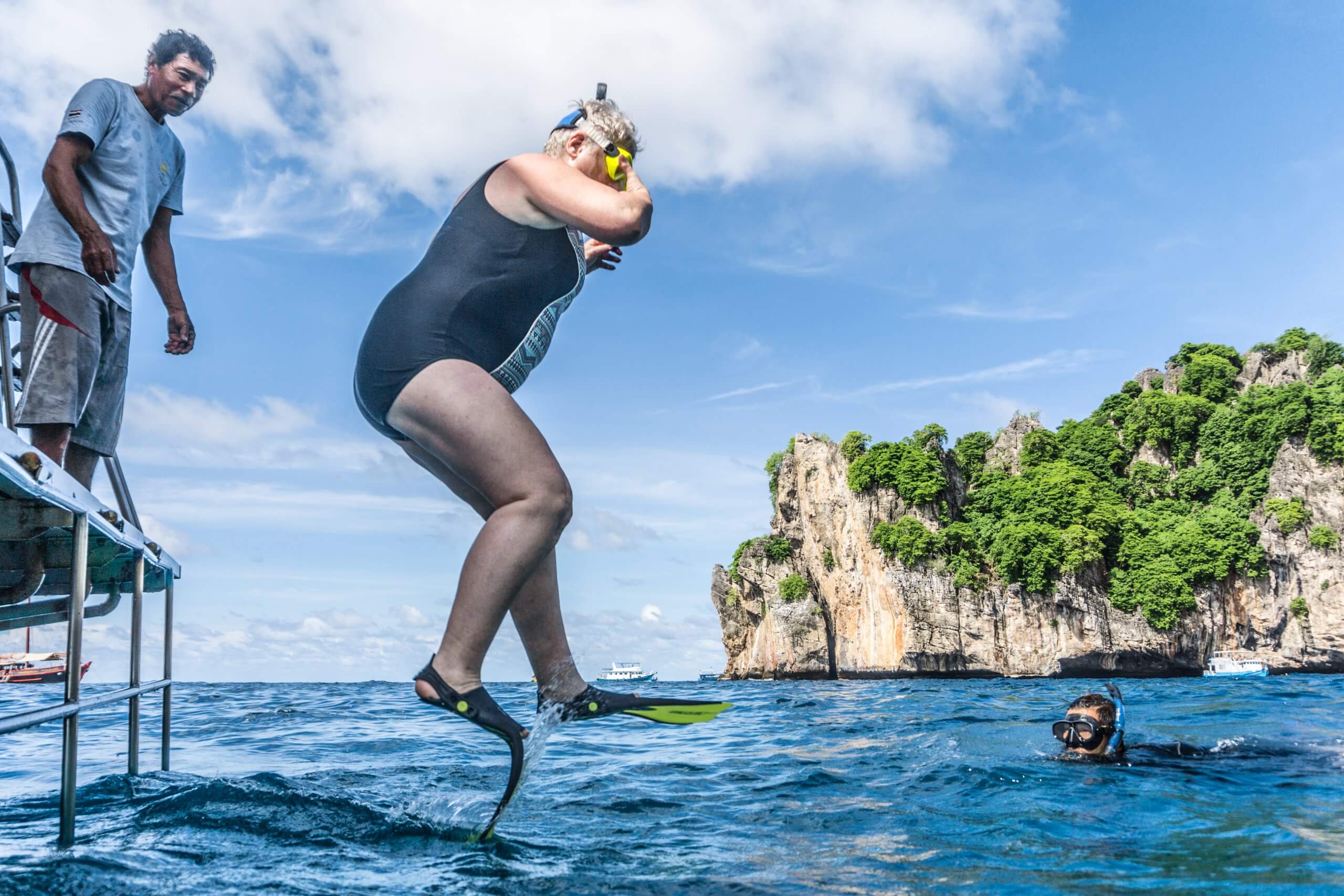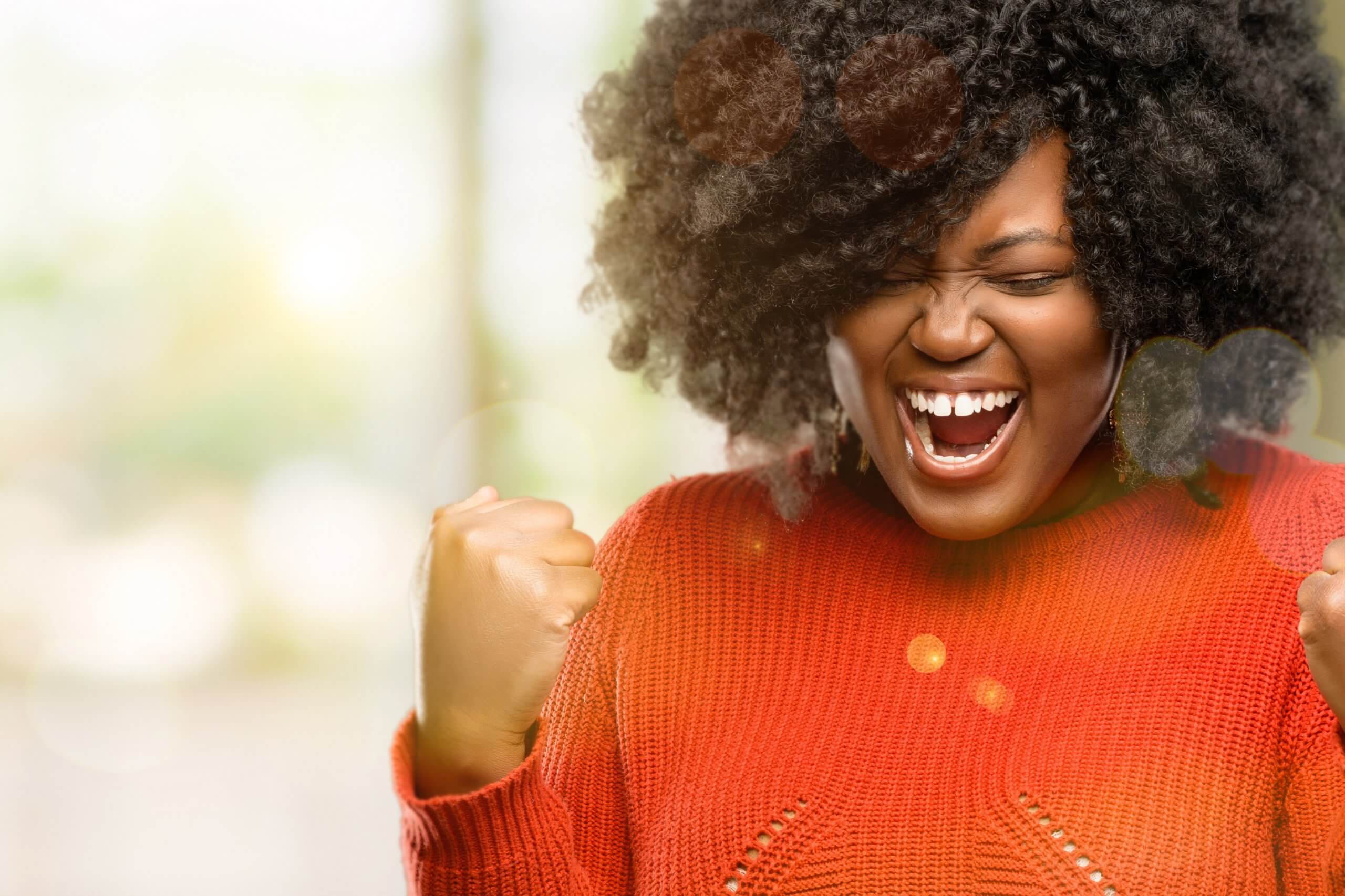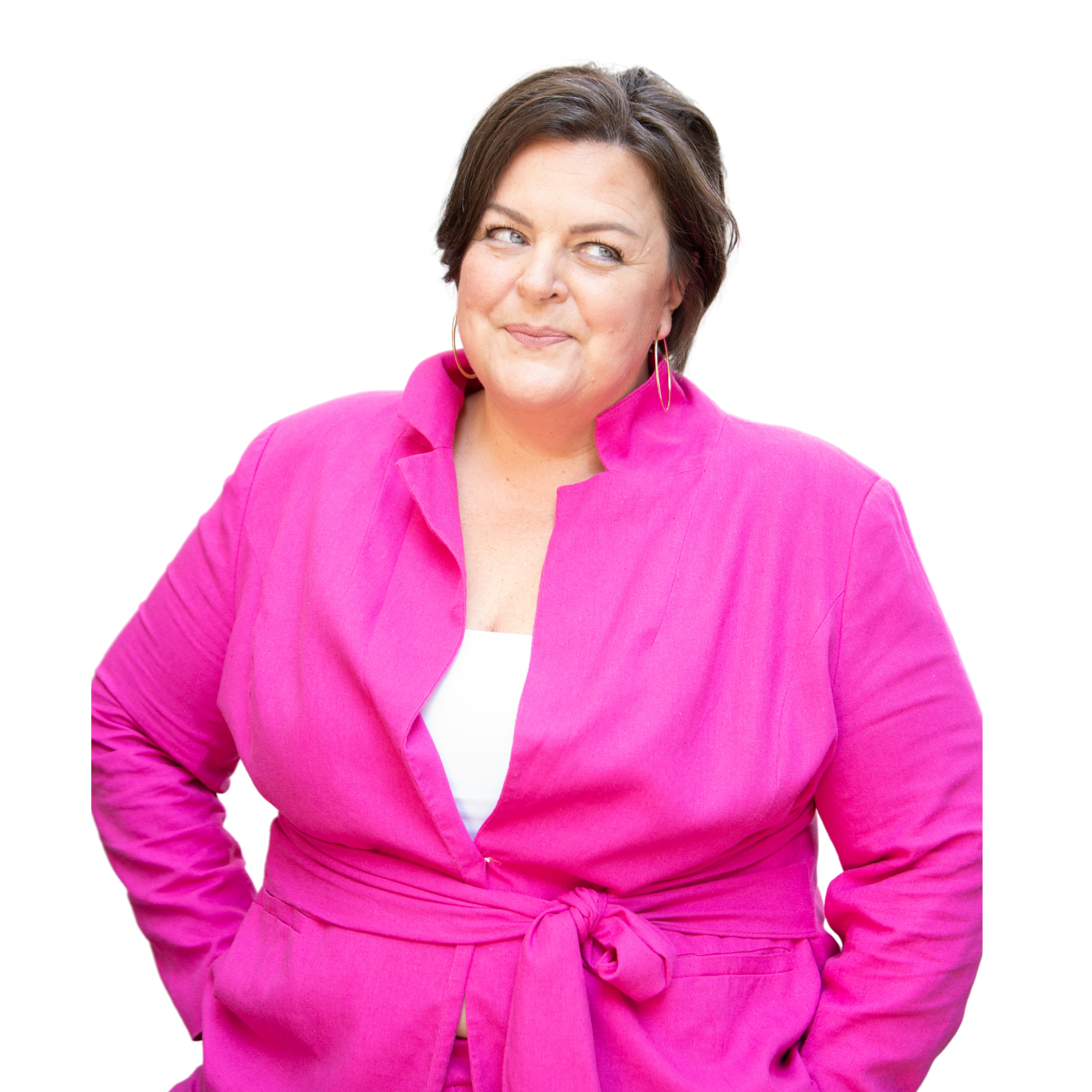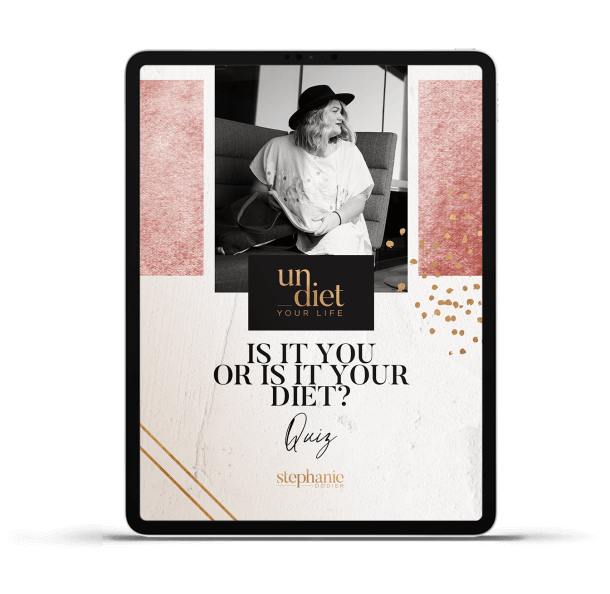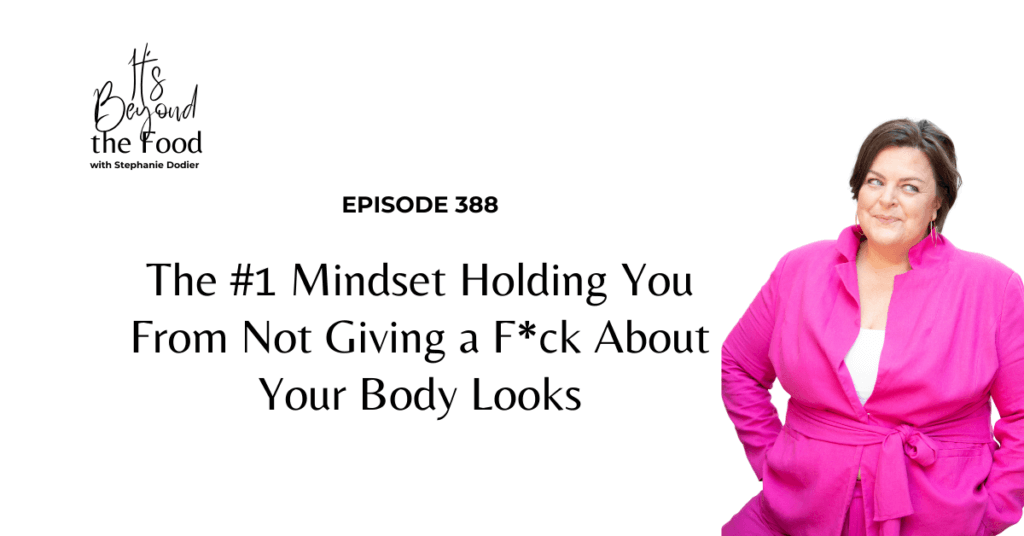
Do you constantly worry about how your body looks? Are you fed up with obsessing over your weight, criticizing your appearance in the mirror, and letting society’s beauty standards dictate your self-worth? It’s time for you to break free from this toxic cycle, and the key lies in a powerful mindset shift that I’m going to share with you today.
The Missing Link: Self-Awareness
The number one mindset holding you back from not giving a f*ck about how your body looks is a lack of self-awareness. You becoming truly self-aware – acknowledging and understanding your thoughts, emotions, and behaviors – is the first step towards embracing your body unconditionally.
When you become aware of all parts of you, you realize that you have the power to change how you experience life, how you experience your body,
Socialized Thoughts Are Not Facts
The reason you constantly fixate on your physical appearance is that you’ve been conditioned to believe thoughts like, “As a woman, your purpose in life is to be beautiful,” or “The reason why you’re alone is because of what your body looks like.” I stress that these thoughts are not facts but rather socialized opinions ingrained in your mind by diet culture and patriarchal norms.
Mindset: The Thought Download Exercise
To cultivate self-awareness and challenge these limiting beliefs, I recommend a powerful exercise called a “thought download” to you. This simple yet profound practice involves you grabbing a pen and notebook and allowing your thoughts to flow freely onto the page, without judgment or censorship.
By externalizing your inner dialogue, you can begin to identify the specific thoughts that trigger feelings of shame, guilt, or frustration about your body. From there, you can consciously choose whether you want to continue entertaining those thoughts or replace them with more empowering narratives.
Mindset: Changing Thoughts to Change Reality
When you become aware of what you create, you automatically realize, ‘F*ck, I can change this,’ I assert to you. If you think differently, guess what? You’re going to feel differently, and over time, you’re going to have different behavior towards your body.
This mindset shift is not about you changing your physical appearance but about reshaping your relationship with your mind. By cultivating self-awareness, you can reclaim your power and stop allowing societal pressures to dictate your self-worth.
Mindset: The Transformative Journey Begins
So why not give it a try? Grab a notebook, find a cozy spot, and start downloading your thoughts about your body. You might be surprised at the liberating insights that emerge when you finally acknowledge the narratives playing on repeat in your mind.
The number one mindset shift you can do to not give a f*ck about your body. And really about anything as a woman in a patriarchal society, entrenched in diet culture and fatphobia, is to realize the power that you have to change your reality by changing the way you think.
You can embrace this empowering mindset and watch how your perspective on your body – and life – transforms.
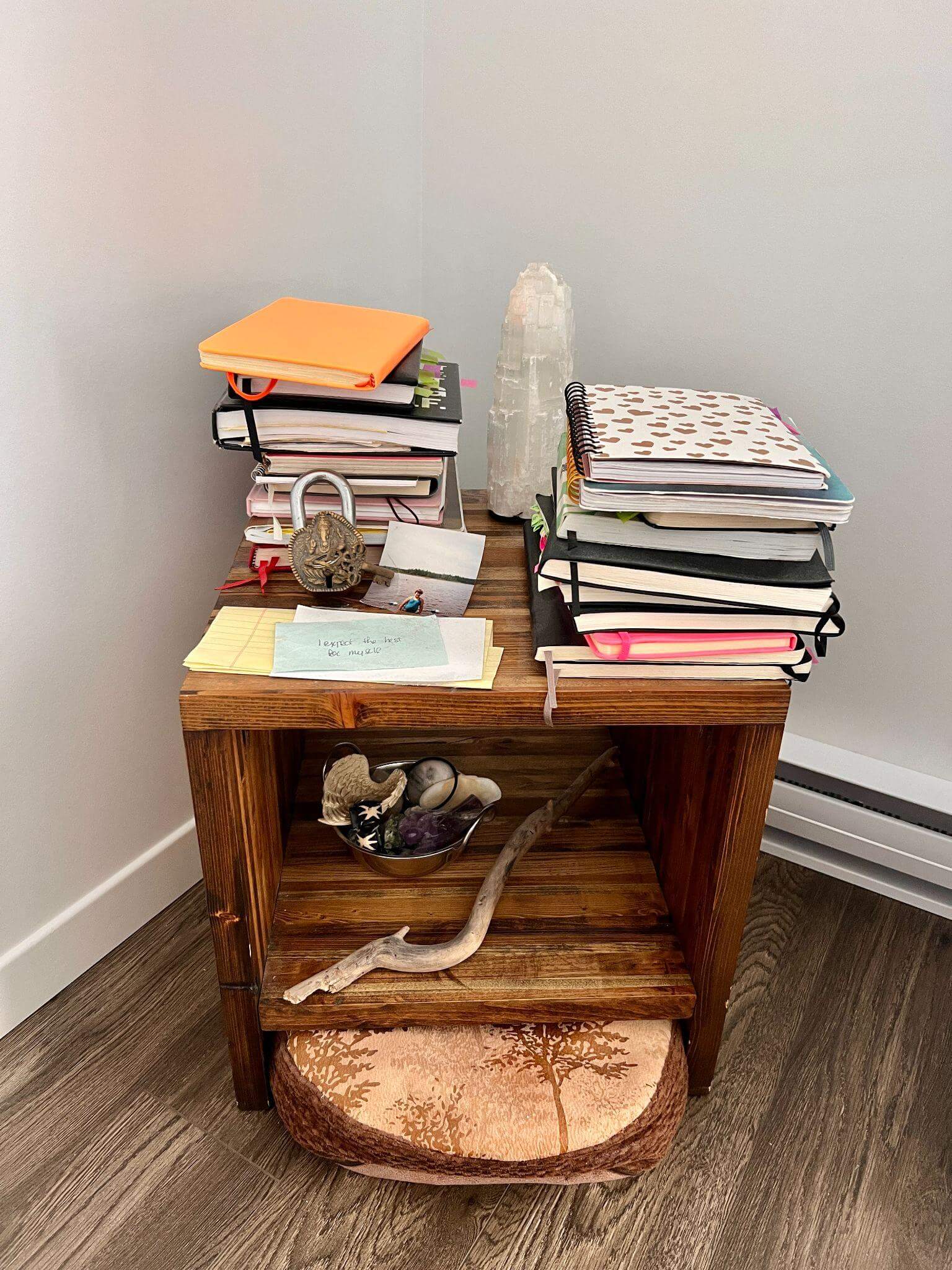
What you’ll learn listening to this episode on mindset:
• How to cultivate self-awareness to stop obsessing about body image
• The thought download exercise to identify limiting beliefs
• The power of changing thoughts to change reality
Mentioned in the show:
